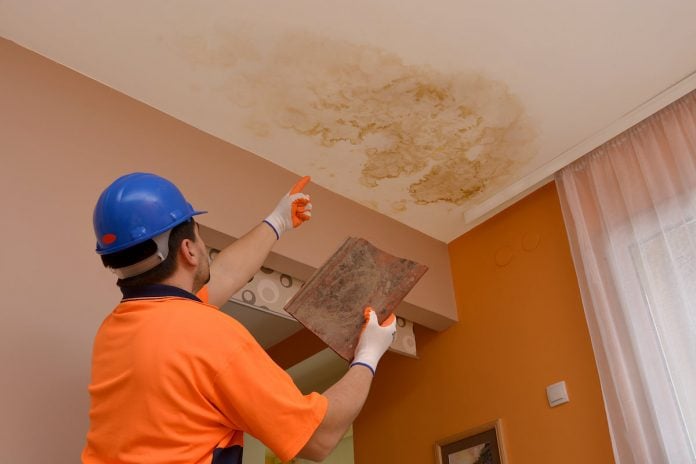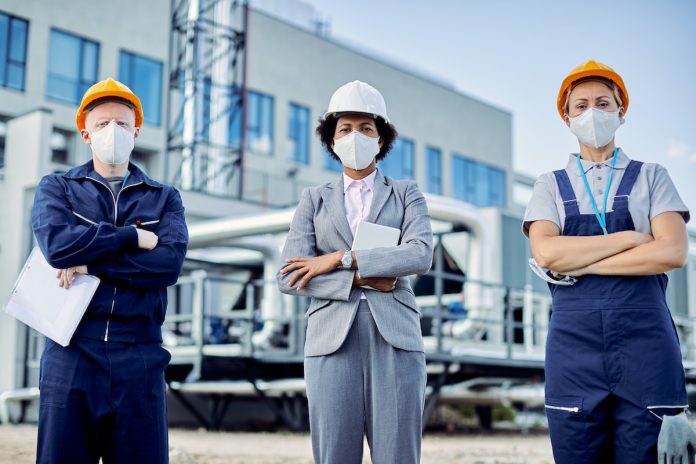Understanding the Different Types of Water Damage and How to Address It
Water damage is a common problem for homeowners, and it can be caused by various factors such as flooding, burst pipes, leaking roofs, and even excess humidity. To properly manage water damage, it’s important to understand the different types and how to address them. Here are the different types of water damage and some helpful tips on addressing them.
Types of Water Damage
1. Clean Water Damage
This is the least dangerous type of water damage, and it typically comes from a source such as a broken pipe or overflowing sink. While this type of water may not contain any contaminants, it can still cause damage to your home if left untreated.
2. Grey Water Damage
This type of water damage is typically caused by household appliances such as washing machines and dishwashers. It may contain chemicals and bacteria that can be harmful if ingested or inhaled. Greywater damage can also lead to mold growth, damaging your walls, floors, foundation, and other areas if left untreated.
3. Black Water Damage
This is the most dangerous type of water damage and can be caused by sewage backups or flooding. Black water is highly contaminated and contains dangerous bacteria and pathogens that can cause serious health problems if not addressed immediately.
Addressing Water Damage
1. Remove Standing Water
The first step in addressing water damage is to remove any standing water. You can do this using a wet vacuum, mop, or bucket, depending on the severity of the damage. It’s important to wear protective gear such as gloves and boots to avoid exposure to contaminated water.
Once you have removed the standing water, it’s important to dry out the affected area as quickly as possible to prevent mold growth. Fans, dehumidifiers, or air movers can circulate air and remove excess moisture.
2. Salvage and Restore
If water damage has occurred to furniture or other household items, it’s important to salvage and restore them as quickly as possible. You can remove any excess water and place the item in a well-ventilated area to dry out. If the damage is severe, it may be necessary to enlist the help of a professional restoration company to salvage and restore the item.
3. Call a Professional
In severe water damage, contacting your trustworthy damage restoration experts as soon as possible is important. These experts have the experience and equipment to address water damage effectively and minimize the risk of further damage or health hazards.
A professional restoration company can thoroughly assess the damage and develop a plan to address it effectively. This may involve removing damaged materials, drying out the affected area, and sanitizing the area to prevent mold growth.
Preventing Water Damage
1. Regular Maintenance
One of the most effective ways to prevent water damage is to regularly maintain your home’s plumbing and roof. This can include inspecting pipes and connections for leaks, cleaning gutters and downspouts to ensure proper drainage, and checking your roof for any damage or missing shingles. By addressing any issues before they become major problems, you can avoid costly repairs and minimize the risk of water damage.
2. Install a Water Detection System
Water and leak detection systems can detect leaks or flooding and alert you via an alarm or notification on your phone. In addition, some systems can automatically shut off your water supply to prevent further damage. This can help you catch leaks or flood early and take action to prevent damage.
3. Proper Landscaping
Ensure the ground slopes away from your home to prevent water from pooling around the foundation. You can install a French drain or another drainage system to direct water away from your home. Additionally, planting trees and other vegetation away from your home can help prevent roots from damaging pipes or the foundation.
Water damage can be a serious problem for homeowners, but you can address it effectively with proper understanding and prevention measures. If you experience water damage in your home, it’s important to act quickly and address the problem as soon as possible to prevent further damage and potential health risks.







